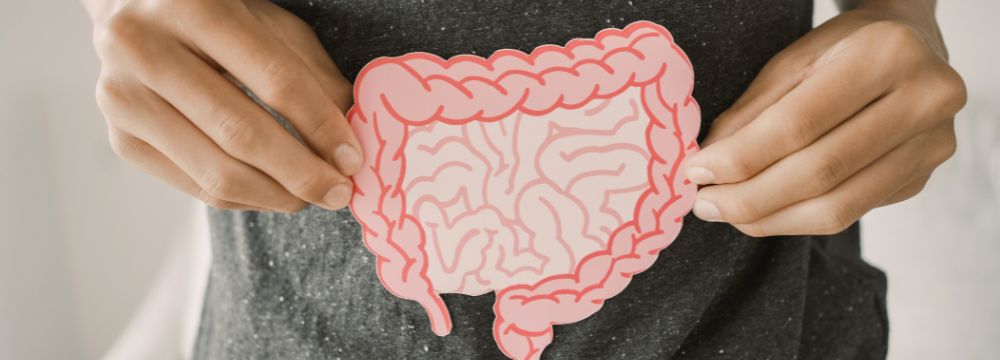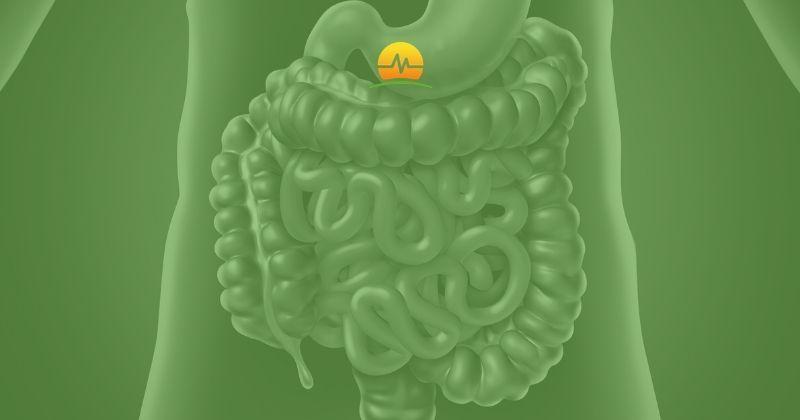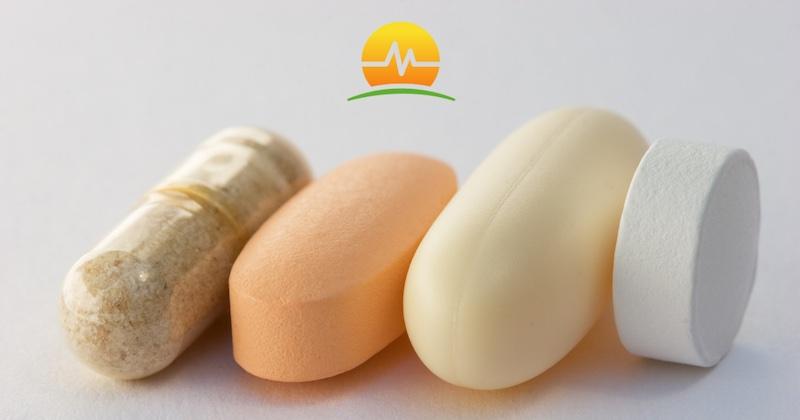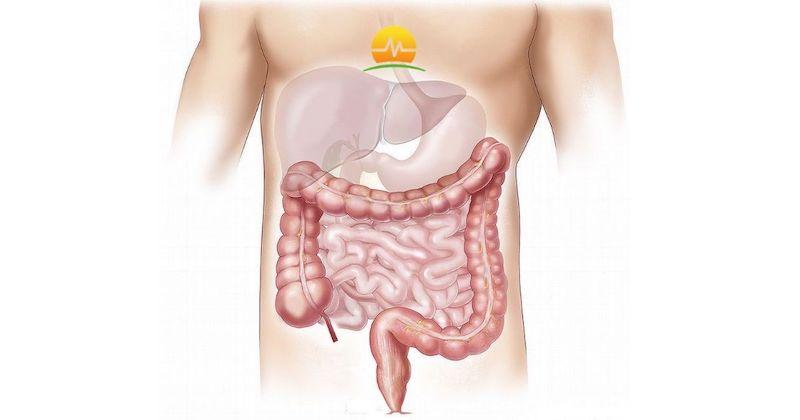Probiotics have been touted as having incredible health benefits. This, on the surface, stands to reason because our gut is made up of billions of bacteria that work in harmony to digest food properly, maintain a normal metabolism and normalize colon and general intestinal function. But if simply downing a delicious drink from the supermarket to improve colon health sounds too good to be true, you’re right.
We know that the gut’s microbiome plays a significant role in metabolic health, reducing the risk of obesity, diabetes and much more. However, we don’t know exactly how it works – in other words we don’t know which strains of bacteria work best and how they mix to achieve top-notch gut health. Therefore, spending the inflated prices on probiotics may be getting you little more than a false sense of security.
That’s not to say that there’s no place for probiotics. Some probiotics may have a marginal effect on your overall health or at very least make you feel more energized and willing to exercise – that’s great! We are simply saying that there are other dietary considerations that make a much bigger difference in gut health than probiotics. For example, eliminating highly processed and sugary foods that essentially neutralize the good bacteria in our gut is a great start. Reducing consumption of red meat and other high saturated fat foods can also help. Replacing these with green veggies, whole fruits and lean meats are the way to help the body rebalance the gut. Taking the time to walk and exercise each day, even if only for half an hour to an hour, can also significantly improve our gut health.
Lastly, supplementation to correct any vitamin or mineral deficiencies, if you have them, is a good way to ensure that the body is working in proper balance. Just remember that before starting any new supplementation regimen, speak to your primary care physician or a specialist like Dr. Crean to ensure it is appropriate for your medical circumstance.
With all that being said, moderation is key. We don’t want drastic dieting just as much as we don’t want overheating. The same goes for exercise. Balance. Spending the time to make sure you’re getting the right nutrition, the right amount of exercise and avoiding the habits that hurt our general and intestinal health can go a long way to ensuring a problem-free intestine for years and decades to come.
RELATED TOPICS:
Five Tips to Improving your Colon Health and Reducing the Risk of Colon Cancer









